It’s a Russian win at the Singapore violin competition
mainThe Russian Sergei Dogadin was named winner in Singapore tonight, with a $50,000 prize. He is a pupil of the juror Boris Kuschnir, who also judged when he won the Joachim competition. So it goes.
Second was Chisa Kitagawa, a student of juror Takashi Shimizu.
Third, Oleksandr Korniev, a teaching assistant at YST Conservatory in Singapore and past student of jury president Qian Zhou.
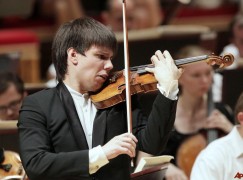
If this was sport, it would be banned.

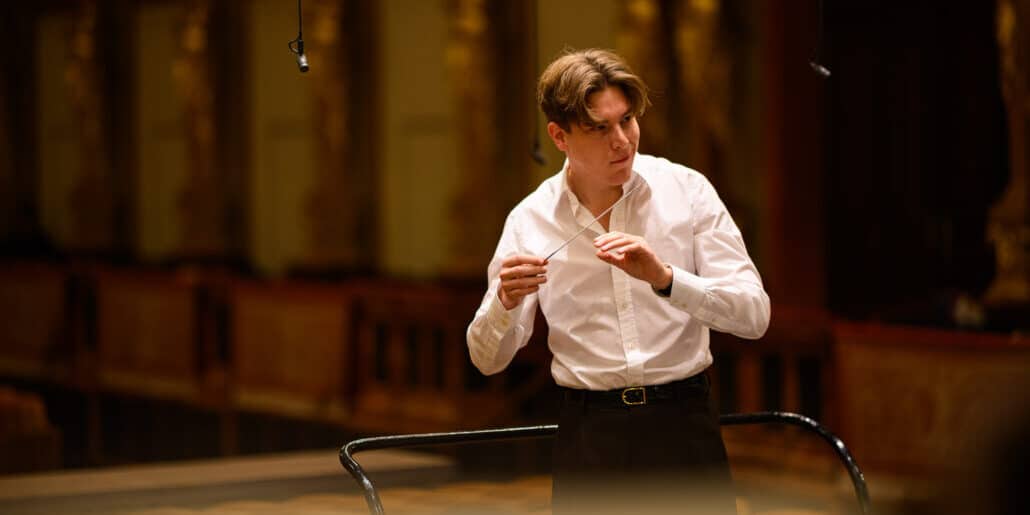
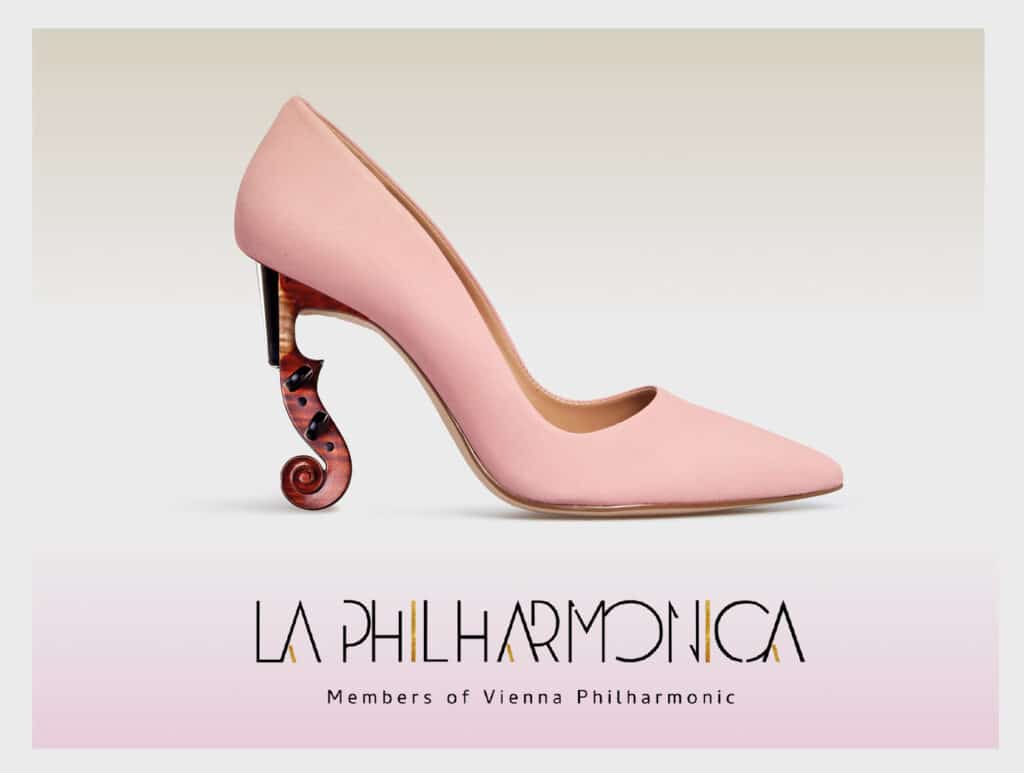
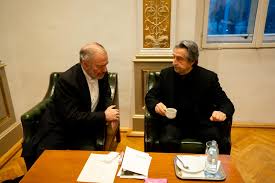
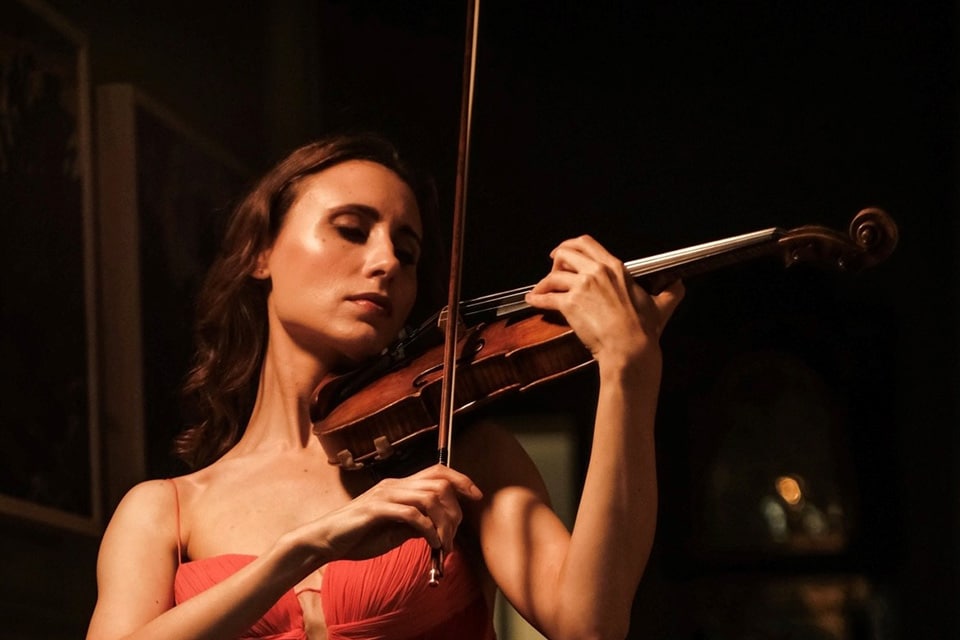
Kuschnir [redacted: defamation] just look at the result of the Joachim Competition in Hannover, in 2012 while he served in the jury, his student Alexandra Conunova was awarded the 1st prize
As Rodney Friend wrote on this page the other day (and was flamed for saying so) there’s statistically a high chance of candidate and juror having crossed paths in masterclasses etc. It’s a small world.
The big question is – can Sergei Dogadin play well ? That would be a more interesting point
https://www.youtube.com/watch?v=6cN7EFm3zQY
It might not be to everyone’s taste, but the answer to the big questin – yes he can.
Giving a masterclass is in no way even close to being a student of.
There are thousands of talented musicians. Of course this guy can probably play well. That is not the point.
The issue is when their is a jury member, who has significant power, (seems that such power allowed a flute teacher in Cincinnati to abuse his students for decades) awards first place to their own student.
Norman is right – it is fraud.
I completely disagree about the question being, “Can he play well?” Of course he can play well. All 30 contestants play well. But was he the best of the 30? That is the question, and in fact, the entire objective of the competition.
Also, having crossed paths is expected, Charles, but having your TEACHER judge you is
simply not a fair situation. There are enough good teachers (and good musicians who don’t teach) and good students that this conflict of interest could certainly be avoided. It’s laughable to me that people could think otherwise. They count on people buying into this falsehood. It’s precisely why they continue getting away with it.
$50000 for a winner whose name sounds like a dog’s dinner is certainly better than a poke in the eye with a burnt stick. So who puts up the prize money–the Singapore taxpayer?
For God’s sake,how many violin competitions are there?
As many as there are teachers to sit on juries
Well said!!!!!
There are plenty of great string players who don’t teach who would be excellent jurors. It’s the fault of the incompetent competition administrators who don’t know who these people are, so they are vulnerable to the manipulations of the violin-teacher mafia who dominate these juries and push their own pupils, while enjoying the travel benefits, luxurious hotels and free food & liquor for a full month away from their teaching jobs.
The new reality is a lot more like sport: Violinists (or pianists for that matter) chase competitions. Most of these competitions have many of the same participants, similar juries, and similar repertoire. What is the value of winning one? Yes, they walk away with a nice prize, but what then? I’m tempted to say let the jurors be their teachers, let all the corruption in…competitions will eventually lose any remaining luster and the good musicians will choose instead to develop their own voice, instead of one appealing to a lowest common denominator among judges… plastic, predictable. Let the real competitions survive—Indianapolis, QE, and a few others. These other little ones can be for the “touring competitors”, who should be sponsored by string/rosin/case companies
Ivan Galamian said that the only value in competitions is that they make people practice,and Abram Yampolsky said after the 1954 Tchaik comp that the only value that he saw was that it gave violinists from afar a chance to meet
Do these juror/teachers get a percentage of their pupils’ winnings?
Most Russian professors take a minimum of 50% of their students winnings. Sometimes more.
Competitions are for athletes, not artists. Perhaps they are meaningful to the lucky (not necessarily the deserving) winner. But they don’t move the needle in the violin playing world anymore as they used to in the past, when winning the Queen Elisabeth or Tchaikovsky competitions was truly a big deal. Seems like most competitors nowadays all sound alike. Can you imagine the giants of the Golden Age competing in these “contests” today? Heifetz would be disqualified because he appears too cold and aloof (nor does grimace his face or gyrate his body.) Kreisler would probably be eliminated in the first round because of a few meaningless mistakes (and possible for twitching his famous mustache and lovingly smiling at the audience). Very few distinctly recognizable violin voices are being identified and recognized by these competitions today. Augustin Hadelich is an exception, however.
Appalled at another fixed contest, I went back to see who was on the tchaikovsky 2011 violin jury. With no first prize awarded, Dogadin and Itamar Zorman (brilliant player) tied for second. Boris Kuschnir just so happened to be on the jury. what a lovely coincidence.
Competitions are for athletes, not artists.
I suspect all the critics on the winner are just a matter of envy. It is so sad guys! I followed the competition live and Dogadin was simply extraordinary! Breathtaking! Others were just boring to watch longer than 3 min.